8 Jun 2016
Motion | Medical Treatment Consent
Adjourned debate on motion of Hon. K. L. Vincent:
That this council—
1. Notes the recent New Zealand case of Charley Hooper, the now 10-year-old girl whose parents had her undergo growth attenuation treatment, meaning that s he will now never grow over 130 centimetres tall, as well as a hysterectomy and ovary removal at the age of seven due to her disability;
2. Notes that this case is not unique; in fact Hooper’s parents drew inspiration from the 2004 case of a child with disability in Seattle, known only as ‘Ashley X’, who was subjected to the same treatment;
3. Notes that the use of growth attenuation and sterilisation as a response to disability is in fact known colloquially as The Ashley Treatment;
4. Condemns the use of medical treatment on the ground of disability without the consent of the person on whom the procedure is to be performed, or significant evidence that the procedure is necessary as all other options, including additional supports, have been exhausted;
5. Calls on the South Australian government to ensure that children and adults with disability in South Australia are legally protected from forced medical treatment (or the denial of medical treatment) without consent or consent by guardians who have a clear conflict of interest;
6. Calls on the commonwealth government to ensure nationally consistent protections around growth attenuation and sterilisation of children with disabilities; and
7. Calls for a total ban on such treatments for which there is no medical indication.
(Continued from 24 February 2016.)
The Hon. A.L. McLACHLAN ( 20:30 ): I concur with the matters raised by my honourable friend Mr Wade and I rise to add my voice in support of the motion. The motion has been moved by the Hon. Kelly Vincent in response to two cases involving forced sterilisation and growth attenuation treatment of children.
The first case, which occurred in Seattle, Washington, involved a child who has been referred to as ‘Ashley X’. Ashley was born with a developmental disability and when she was six years old her parents had her undergo a full hysterectomy. She later also had her appendix removed and then underwent and completed growth attenuation treatment. It is important to note that the hospital at which they conducted the hysterectomy later admitted that the procedure was performed unlawfully because it was done without a court order. The second case, which has been brought to the attention of this chamber, is that of Charley Hooper, who was born blind and with cerebral palsy in New Zealand.
In supporting this motion, I note that under Australian law a court order is required before this type of treatment is performed. I also note that, in July 2013, the commonwealth Senate Community Affairs Reference Committee conducted a parliamentary inquiry into this issue. In its report, titled ‘The involuntary or coerced sterilisation of people with disabilities in Australia’, the Senate committee drew attention to a High Court decision titled Secretary, Department of Health and Community Services (NT) v JWB and SMB (1992) 66 ALJR 300. In that decision, the High Court held that decisions about non-therapeutic sterilisation of children fall outside the scope of parental authority and that court authorisation is required.
The High Court identified two reasons for finding that parents are unable to validly consent to the non-therapeutic sterilisation of their child. I will quote briefly from the judgement:
Court authorisation is required, first, because of the significant risk of making the wrong decision, either as to a child’s present or future capacity to consent or about what are the best interests of a child who cannot consent, and secondly, because the consequences of a wrong decision are particularly grave.
The Senate report found that there was a strong, clear and consistent theme across the evidence to the inquiry that the regulation of sterilisation of persons with disabilities is a human rights issue. The view is held by individuals, academics and members of the medical professions as well as by disability advocates.
I thank the Hon. Kelly Vincent for bringing the issue to the attention of the chamber. There will sadly be occasions where certain treatments may be medically required, and I note that the Hon. Kelly Vincent recognised this when moving her motion by only calling for a total ban on treatments when there is not medical indication. I support the motion.
View source
